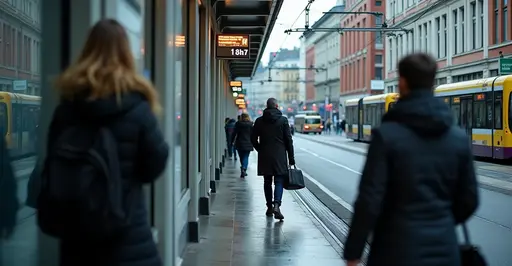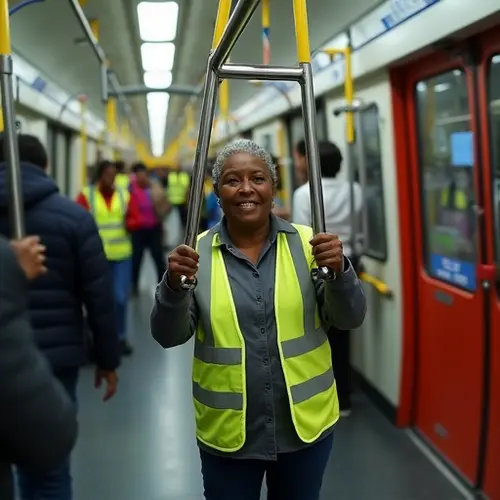European nations implement public transport subsidies to reduce car usage, offering discounted fares and infrastructure improvements. The initiative targets emission reduction and urban congestion relief.

Major Push for Sustainable Mobility
European governments are implementing widespread public transport subsidies as part of a continent-wide effort to reduce car dependency and promote eco-friendly travel. The initiative aims to make buses, trams, and trains more affordable while combating urban congestion and lowering carbon emissions.
How the Subsidies Work
The subsidies include:
- Discounted monthly passes (like Germany's €49 ticket)
- Free transport in certain urban zones
- Tax incentives for employers offering transit benefits
- Increased funding for electric bus fleets
Environmental Impact
Transport accounts for 25% of EU emissions. The European Environment Agency estimates these subsidies could remove 7 million cars from roads by 2030, potentially reducing transport CO2 by 15%. "We're making sustainable travel the easy choice," said EU Transport Commissioner Adina Vălean.
Challenges and Solutions
Some regions face implementation hurdles:
- Rural connectivity gaps
- Capacity limitations during peak hours
- Funding verification systems
Public Response
Early results show promise:
- Lisbon reported 22% more bus ridership
- Berlin's BVG saw 300,000 new pass holders
- 75% of users say affordability changed travel habits
These initiatives align with the EU Sustainable Mobility Framework and could serve as models for global cities tackling congestion and pollution.

 Nederlands
Nederlands English
English Français
Français Deutsch
Deutsch Español
Español Português
Português






